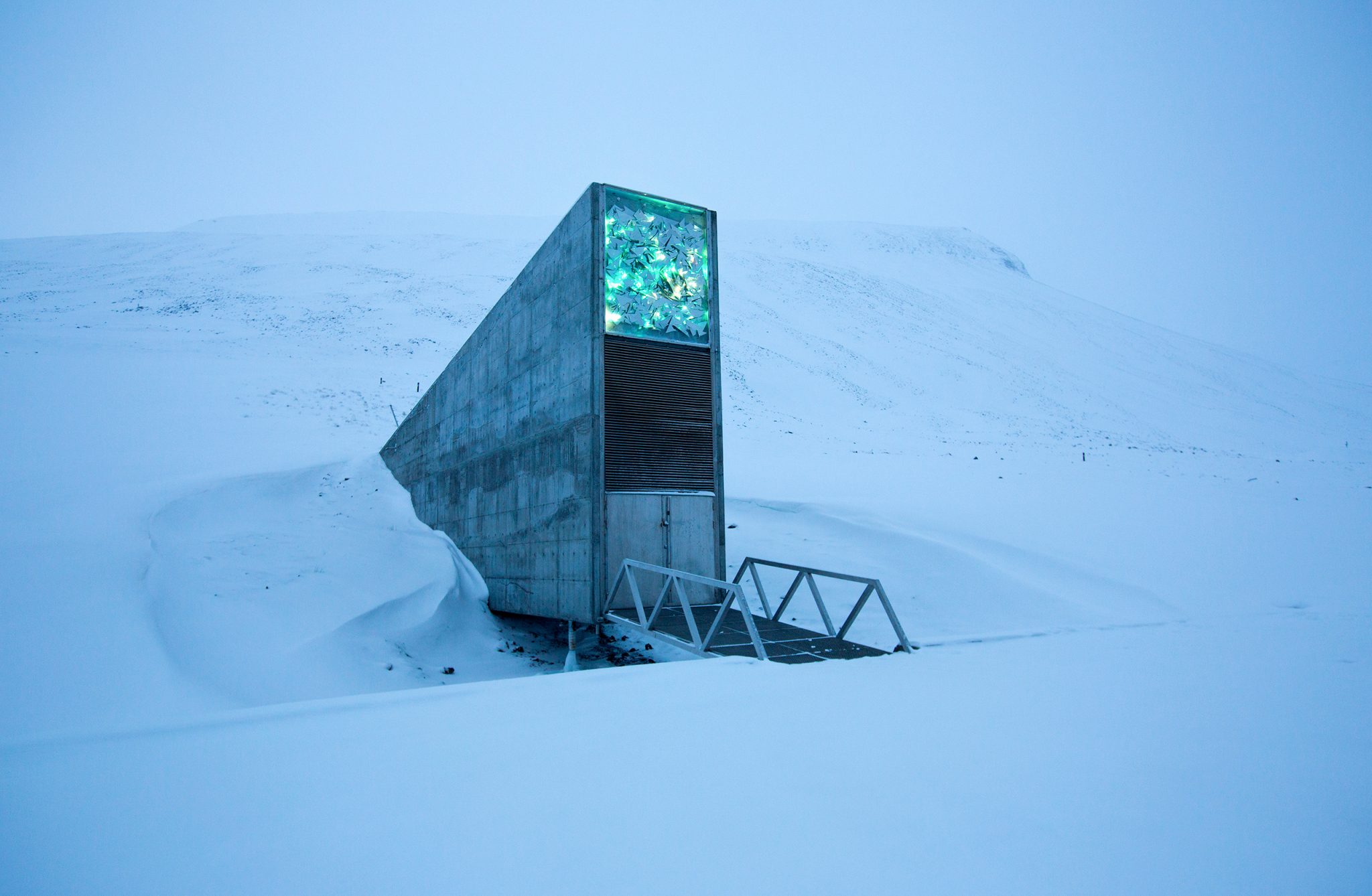

#Norway doomsday vault defenses archive
Sony Music UK says it has a custom-built archive for audio and audiovisual recordings, as well as a library of all its releases, and it stores digital safety copies and duplicate recordings separately. The three major labels - and many independents - already store physical and digitized music files in multiple, geographically separate locations around the world. Universal Music Group Confirms Masters by Soundgarden, Sonic Youth & More Lost in 2008 Fire “The data is hard to keep track of, and files get lost or deleted.” “That’s the danger of migrating onto a new hard drive or data center every five years,” says Jenkinson. Digital storage presents other issues: Myspace confirmed in 2019 that a server migration led to the loss of up to 50 million uploaded tracks. In 2008, a fire at a Universal Studios backlot destroyed a significant number of tapes archived by Universal Music Group, including some masters, although the company had secondary copies of many of them. The need for safe and secure long-term storage for recordings hasn’t been a pressing concern for nearly as long as that for manuscripts, but several recent events have underscored its importance. Both are designed to withstand natural and man-made disasters, including nuclear attacks. The Arctic World Archive houses copies of historical artifacts like Vatican Library manuscripts and paintings by Rembrandt and Edvard Munch, while the Global Seed Vault is a backup storage facility for the world’s genetic resources. “We want to preserve the music that has shaped us as human beings and shaped our nations,” says Luke Jenkinson, managing director of the Global Music Vault and managing partner at Elire, which is financing the project. Using future-proof digital storage, the Oslo-based Elire Management Group wants to store recordings of everything from major-label pop hits like the Beatles to Australian Indigenous music with the same safeguards offered by the Arctic World Archive and the Global Seed Vault, two existing storage facilities housed underground in the Svalbard archipelago. Though built as a fail safe protection against the world's disaster, the vault was in May threatened by climate change when unseasonably high temperatures in the Arctic led to melting snow and rain when there should have been snow, sending water gushing into the entrance tunnel.LONDON - Buried almost 1,000 feet below a snow-covered mountain, on an arctic island midway between Norway and the North Pole, a Norwegian company is planning to create what it says will be a doomsday vault to preserve the world’s most important music recordings for at least 1,000 years. With this deposit, CIAT now has 92% of its seed accessions backed up at the seed vault," said Luis Guillermo Santos Meléndez, Seed Conservation and Viability Lab Coordinator at CIAT, in a news release. It gives us peace of mind that even if disaster strikes, the robust genetic basis of beans and tropical forages can be recovered. "Sending seeds like the Bermuda bean to the Svalbard Gobal Seed Vault is like uploading your files to the cloud. The bean is almost extinct in Bermuda, but scientists at the International Centre for Tropical Agriculture have managed to develop almost 6,000 seeds from a sample of 15 for future research. Plant breeders believe they can use the traits of the bean to develop crops that are more resistant to the extreme weather that climate change may cause, such as hurricanes. It is described as "a fail-safe seed storage facility, built to stand the test of time-and the challenge of natural or man-made disasters," on its website.Īnd on Monday, 4,335 new seed samples will be added to the vault following a donation by the Crop Trust, including the hardy Bermuda bean. The vault is built under permafrost, so if global catastrophe struck a near complete record of the planet's seeds would be preserved. Located in an abandoned Arctic coal mine on the Norwegian island of Spitsbergen, the Svalbard Global Seed Vault contains more than a million packets of seeds from almost every country in the world, representing "the most diverse collection of food crop seeds." A doomsday seed vault designed to withstand global disasters will receive a new deposit of thousands of new samples-including a hurricane resistant bean from Bermuda.


 0 kommentar(er)
0 kommentar(er)
